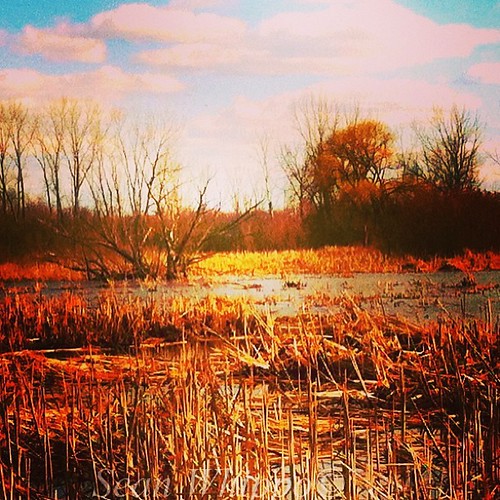August 31, 2016

The poem was written in 1886 and is considered to be one of Yeats's more notable early poems. The poem is based on Irish legend and concerns faeries beguiling a child to come away with them. Yeats had a great interest in Irish mythology about faeries resulting in his publication of Fairy and Folk Tales of the Irish Peasantry in 1888 and Fairy Folk Tales of Ireland in 1892.
- Where dips the rocky highland
- Of Sleuth Wood in the lake,
- There lies a leafy island
- Where flapping herons wake
- The drowsy water rats;
- There we've hid our faery vats,
- Full of berries
- And of reddest stolen cherries.
- Come away, O human child!
- To the waters and the wild
- With a faery, hand in hand.
- For the world's more full of weeping than you can understand.
- Where the wave of moonlight glosses
- The dim gray sands with light,
- Far off by furthest Rosses
- We foot it all the night,
- Weaving olden dances
- Mingling hands and mingling glances
- Till the moon has taken flight;
- To and fro we leap
- And chase the frothy bubbles,
- While the world is full of troubles
- And is anxious in its sleep.
- Come away, O human child!
- To the waters and the wild
- With a faery, hand in hand,
- For the world's more full of weeping than you can understand.
- Where the wandering water gushes
- From the hills above Glen-Car,
- In pools among the rushes
- That scarce could bathe a star,
- We seek for slumbering trout
- And whispering in their ears
- Give them unquiet dreams;
- Leaning softly out
- From ferns that drop their tears
- Over the young streams.
- Come away, O human child!
- To the waters and the wild
- With a faery, hand in hand,
- For the world's more full of weeping than you can understand.
- Away with us he's going,
- The solemn-eyed:
- He'll hear no more the lowing
- Of the calves on the warm hillside
- Or the kettle on the hob
- Sing peace into his breast,
- Or see the brown mice bob
- Round and round the oatmeal chest
- For he comes, the human child
- To the waters and the wild
- With a faery, hand in hand
- From a world more full of weeping than he can understand

